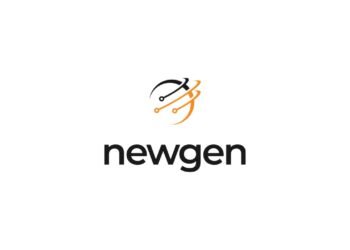The Tata group of companies are well known for their service to society. Following in the footsteps of Tata Sons, Tata Motors has now announced its three-pronged approach to combat the COVID-19 pandemic, company said.
Homegrown car maker Tata Motors has followed in the footsteps of its parent company Tata Sons and has released its strategy to contain the spread of COVID-19. Tata Motors’ strategy is a three pronged approach that has been termed as E3 Directives. The first E stands for Essential Supplies provision, followed by Equipping heroes on Ground-Zero and Educating masses for containment and prevention.
Here’s a look at what each of these directives aims at achieving.
Essential Supplies provision:
Tata Motors has taken on the mammoth task of providing food supplies to migrants and stranded communities, urban slums, transit camps and villagers, drivers, co-drivers, mechanics, contractual and temporary workers, security personnel, across the length and breadth of this country. So far the company has provided 25,000 food packets and 5,000 grocery/ration packs to underprivileged communities. Tata Motors is working with Indian Oil to provide protective gear and food packets to truck drivers visiting in Bawal and Narsapura. The company has also set up two helpline numbers for temporary and contractual workmen to call in for food related queries in Lucknow and in Pune Tata Motors is providing water to 19 police chowkis.
Equipping heroes on Ground-Zero
Through this directive, Tata Motors has been supporting self-help groups to manufacture home-made certified masks and sanitisers to be distributed to hospitals, vendors, health-workers, police stations, army personnel, in communities around the company’s plants. This includes the manufacturing of some 17,000 certified homemade masks as well as N95 masks and other personal protective kits that have been distributed to municipal hospitals.
Educating masses for containment and prevention
Tata Motors is working to spread awareness about the coronavirus far and wide by putting up banners and other information material amongst low income groups and in slums. The company is also spreading awareness messages online via its social media platforms.





















